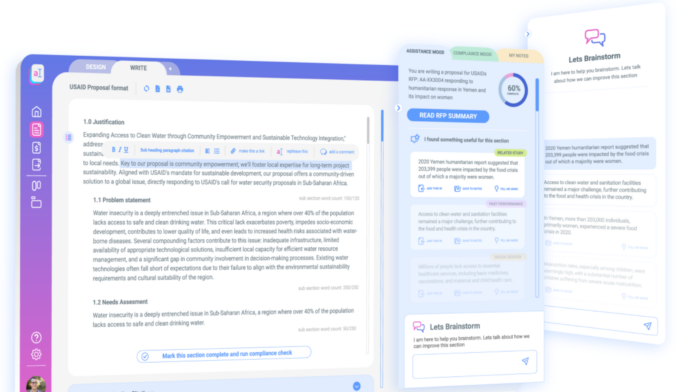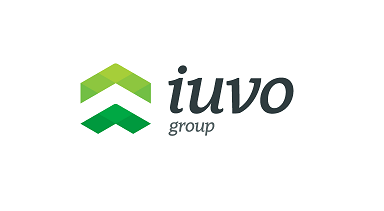Securing grants is a vital source of funding for countless organizations, but the process of applying for them can be daunting and resource-intensive. Crafting a grant proposal often involves significant time and financial investments, making it a barrier for many potential applicants. Sean Carroll, former Chief of Staff and COO of the U.S. Agency for International Development (USAID), understands the challenges of grant writing all too well. Having overseen the distribution of billions of dollars in grants at USAID, Carroll recognized an opportunity to simplify and enhance the grant proposal process using artificial intelligence (AI).
Together with Mustafa Hasnain, the founder of Creative Frontiers, Syed Murtaza, a former corporate banker, and Gilberto Lopez, a Harvard academic, Carroll co-founded Grant Assistant. This innovative platform offers a suite of AI-powered tools designed to assist grant writers in formulating effective proposals. However, it’s important to note that Grant Assistant isn’t meant to replace professional grant proposal writers; rather, it aims to complement their expertise.
Traditional document creation tools often present users with a blank canvas, expecting them to compose a comprehensive document from scratch. Carroll believes this approach isn’t optimal for complex and interconnected grant proposals. Grant Assistant takes a different path by having users complete a questionnaire that resembles the inquiries a project consultant might pose. This information informs an AI-generated draft of the grant proposal. Additionally, a “suggestion engine” highlights relevant content from documents uploaded by users, enriching the proposals with pertinent references.
While Carroll didn’t disclose the specific generative AI model behind Grant Assistant, he mentioned that it’s a “fine-tuned” model designed to adhere to USAID writing style guides and policy documents. The platform’s training data encompasses complex proposals for funders such as USAID, the European Union, State-level agencies, the National Institutes of Health, and the Department of Energy.
One potential concern when utilizing generative AI for grant proposals is the risk of producing inaccurate information, a phenomenon known as “hallucination.” Even advanced text-generating AI models can sometimes generate confidently articulated false or misleading information. This poses a challenge in grant proposal writing, where accuracy and evidence-based claims are essential.
Carroll contends that Grant Assistant’s suggestion engine, which incorporates research and data from documents along with citations, serves as a safeguard against the platform’s proposal-drafting model. However, it’s essential to acknowledge that this approach places the responsibility on users to verify recommendations from the suggestion engine against the content generated by the AI model.
Grant Assistant is in its early stages as a startup, with a team of eight people and primarily self-financed, aside from a $200,000 equity round and a $50,000 grant from Atlantic Philanthropies. Over time, it is hoped that Grant Assistant will develop more concrete methods to address hallucination and its potential impact, particularly given the high stakes associated with grant awards.
In the short term, the company’s main focus appears to be on customer acquisition, and it is currently pre-revenue. However, Grant Assistant has established non-binding agreements with government contractors in the international development sector, indicating promising prospects.
As it continues to evolve, Grant Assistant aims to streamline the grant proposal process, reducing both time and costs. This, in turn, allows mission-driven organizations to allocate resources more effectively, ultimately enhancing their ability to deliver vital programs. While there are other players in the grant writing space, Grant Assistant believes its integrated tools, intuitive AI, and user-friendly approach set it apart, offering organizations a competitive edge in securing funding for their initiatives.











